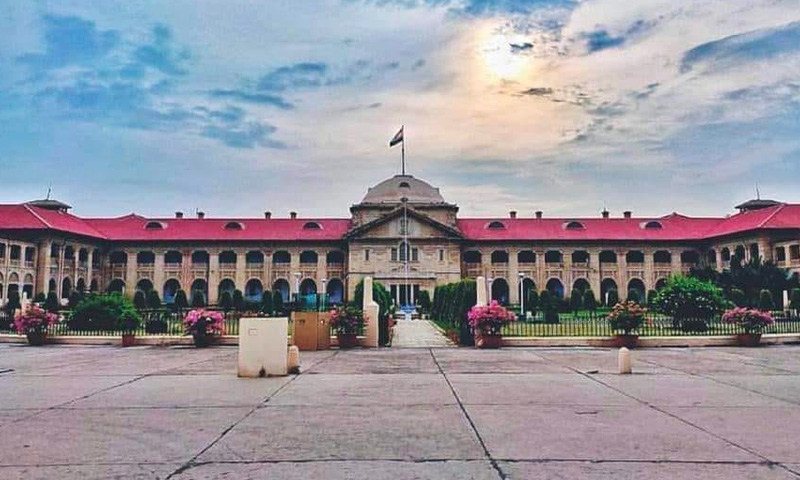
An order of the Allahabad High Court directing for expediting the case holds the effect to direct the trial court to decide the concerned suit/…

An order of the Allahabad High Court directing for expediting the case holds the effect to direct the trial court to decide the concerned suit/…

What is Order VII Rule 11 of Civil Procedure Code? Order VII Rule 11 of the Civil Procedure Code provides for the rejection of the…

Courtesy: Armaan Khanduja The Supreme Court, in In Re: Directions in the matter of demolition of structures, issued directions, exercising powers vested in it by…
Courtesy: Deeksha Rao The Code of Civil Procedure 1908 guarantees justice to all the parties involved in a suit by providing provisions that allow the…
Courtesy: Armaan Khanduja Small Causes Court (S.C.C) revision is a legal remedy available to a party aggrieved of a decree or order passed by a…
Courtesy: Sheetal Pokhriyal Section 115 of the Civil Procedure Code 1905 empowers the High Court with the authority to call for the records of cases…
Does Appellate Court have the power to admit evidence? Section 107 of the Civil Procedure Code 1908 provides for powers of the appellate courts. The…
Order VII Rule 11 of the Civil Procedure Code provides for rejection of plaint, and the grounds on which a plaint can be rejected. The…
The recruitment of the dependants of the Government Servants dying in harness is regulated by U.P. Recruitment of Dependents of Government Servants Dying in Harness…
Under Article 226 of the Constitution of India, the High Court is empowered to issue Writs namely, Habeas Corpus, Mandamus, Certiorari, Quo warranto, and Prohibition.…

A Caste Certificate certifies that a person is of a particular caste. A Caste Certificate is required normally by the members of Scheduled Castes, Scheduled…
Courtesy: Vagish Yadav In Civil Procedure Code, the hierarchy of the courts is provided and at the bottom of the hierarchy there is Court of…
WHAT IS WILL? A will is a legal document that enables the testator to determine that how his estate is to be distributed after his…
WHAT IS F.A.F.O? First appeal from order, lies before the High Court under the Allahabad High Court Rules 1952 from an order which may be…
WHAT IS FIRST APPEAL? An appeal is a right of the aggrieved provided by a statute or an act. One can only appeal if a…